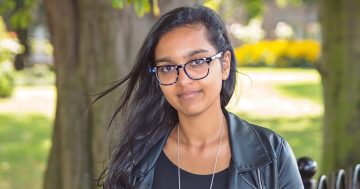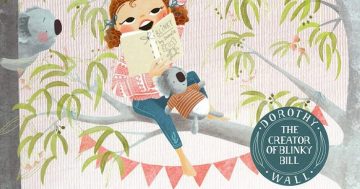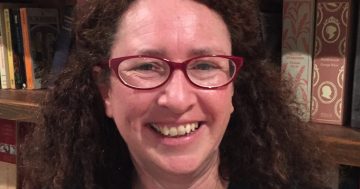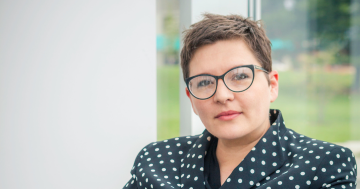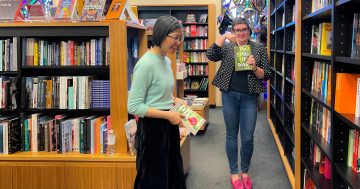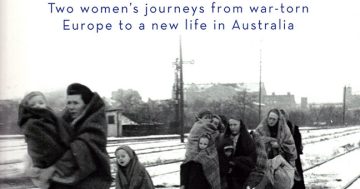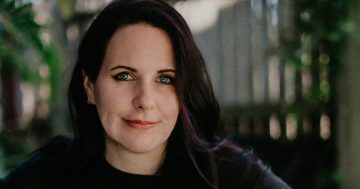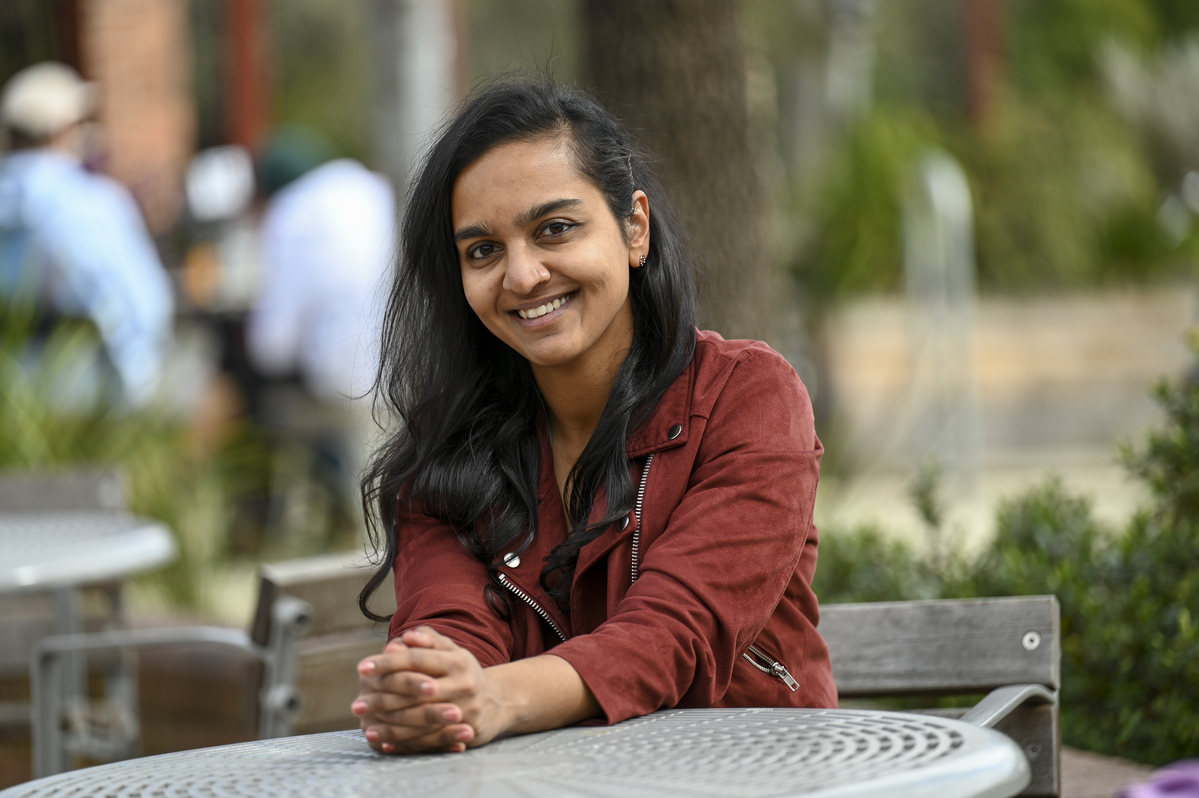
Zoya Patel is a featured writer at the Canberra Writers Festival, where she will discuss her first fiction book Once A Stranger. Photo: John Ballantyne.
Zoya Patel is no hand-wringer. The Canberra writer and communications consultant is known about town for delivering her opinions unflinchingly from several platforms including as a regular columnist for Region.
Her literary debut No Country Woman, billed as a “memoir of not belonging” and focusing on passion topics such as racism and feminism, provides insight into where it all sprang from.
Now her second book Once A Stranger has dropped, and will be explored when Zoya appears on a Canberra Writers Festival panel later this month.
Though it draws on her experiences as a Fijian-Indian migrant, it is her first fiction book.
“I felt I couldn’t write anything else until I worked through this particular story,” she says.
“I’ve always been driven to write about the migrant experience and family, and when I looked at what specific stories hadn’t yet been told in that space, I landed on this.”
Once A Stranger unpicks the clash that occurs not between migrant families and their adopted countries, but within migrant families themselves across generations.
It follows the story of Ayat, a young Muslim woman who, years after objecting to her sister’s arranged marriage and settling into a relationship deemed “haram” (forbidden) by Indian Muslim tradition, remains estranged from her family. But with the impending death of her mother, Ayat is drawn back into that world.
Though there are definite linkages to her own experiences, Zoya says Once A Stranger is not autobiographical.
“It was about drawing on my experiences for the contextual background, but then heightening those experiences, adding dramatic tension and building from there,” she says.

Once A Stranger unpicks the clash that sometimes occurs within migrant families across generations. Photo: Zoya Patel.
It’s a fitting novel to be explored alongside Kirsty Jagger’s Roseghetto in the Homecoming panel, to be moderated by Region group editor and veteran journalist Genevieve Jacobs.
Zoya says her participation in the festival as a Canberra-bred author is a heartening sign that the nation’s capital is maturing its approach to retaining its creatives.
“We have amazing works coming out of Canberra, and in the past I’ve been vocally critical of the lack of local programming and engagement with local writers to help foster that,” she says.
“In my 20s I came up with a really amazing, vibrant and passionate group of creatives. Many have gone on to have successful and sustainable careers. But to be able to take the next steps in their journeys to grow as creators, producers, writers and artists, that cohort has had to scatter.
“We talk a lot about luring the creative class, but it’s not enough to attract writers from elsewhere. To retain the talent we have in Canberra, we have to give them opportunities to foster their excellence here.
“It’s really positive to see the artistic direction of the Canberra Writers Festival is now drawing from a rich and diverse range of writers.”
Zoya says there is a burgeoning scene for local writers in the Canberra community, and hopes it will one day shift how the Territory is viewed nationally and internationally.
“Building the career I wanted here wasn’t super straightforward. I thought ultimately I would have to go away to do that, but I’ve proved myself wrong,” she says.
“Organisations like Marion are doing a lot of work to help build our reputation as a centre of excellence; a place where other emerging artists can come to gain capability and knowledge from the many skilled Canberra practitioners.”
The festival has become a vehicle to promote that scene to the world.
Homecoming runs from 2:30 to 3:30 pm on Sunday 20 August at Kambri Cultural Centre (ANU). Tickets cost $25 or $20 for concession and $15 for juniors – book here.
Canberra Writers Festival will take place in various Canberra venues from Wednesday 16 August to Sunday 20 August – check out the full program here.












